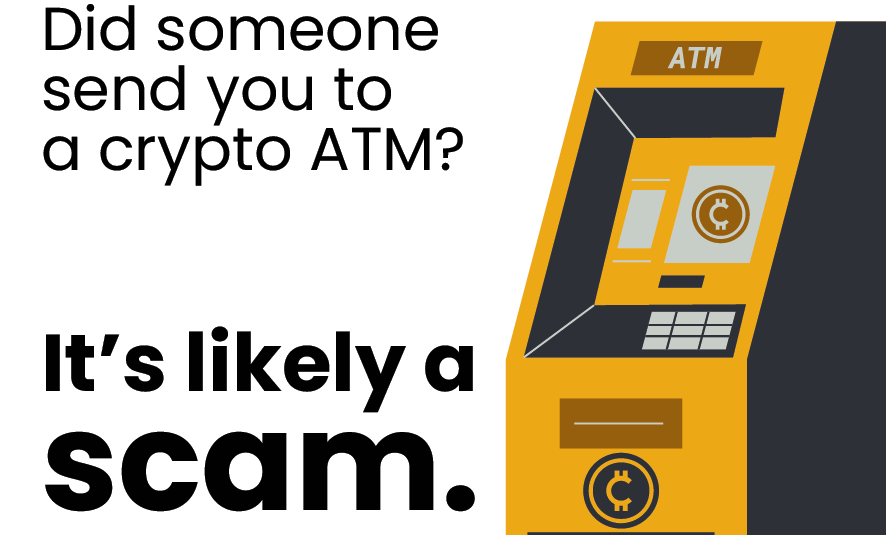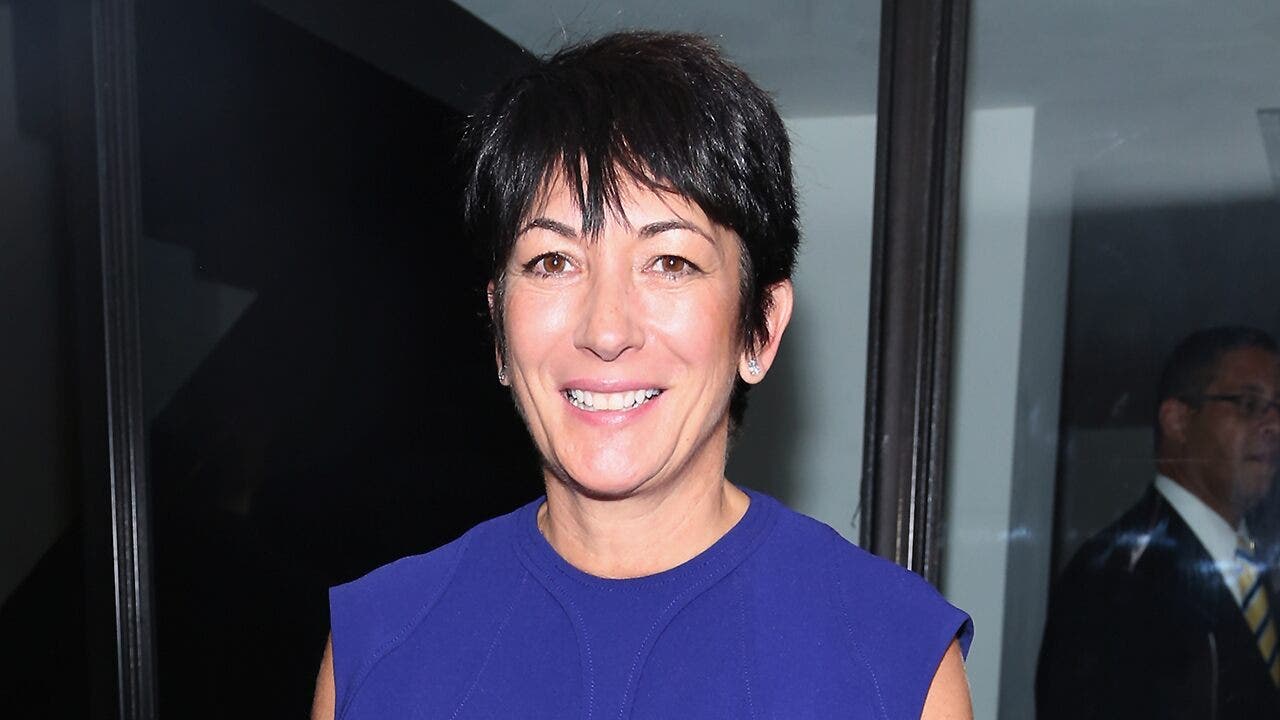Crypto
Former FTX executive Nishad Singh spared prison for cooperation

Former cryptocurrency executive Nishad Singh, who once shared a $35m Bahamas penthouse with FTX founder Sam Bankman-Fried, has been spared prison time by a judge for his role in the theft by his imprisoned former boss of about $8bn in customer funds from the now-bankrupt exchange.
During a hearing in Manhattan federal court on Wednesday, United States District Judge Lewis Kaplan imposed no prison time, but ordered three years of supervised release. Kaplan credited Singh for cooperating with prosecutors and coming clean about his actions in what they have called one of the biggest financial frauds in US history.
Singh, who had pleaded guilty to six felony counts of fraud and conspiracy, testified last year as a prosecution witness in the trial that led to Bankman-Fried’s conviction on fraud and other charges. Singh, in a plea deal with prosecutors, admitted to his role in the fraud and for serving as a “straw donor” in some of Bankman-Fried’s millions of dollars in political donations.
“I am overwhelmed with remorse for the harm that I participated in and that I caused to so many innocent people,” Singh told the judge at the hearing. “I strayed so far from my values.”
Prosecutors had urged leniency for the 29-year-old Singh, FTX’s former chief engineer, in light of his cooperation. His defence lawyers recommended he serve no prison time.
Bankman-Fried, 32, is serving a 25-year prison sentence imposed by Kaplan stemming from FTX’s November 2022 collapse.
Last month, Kaplan sentenced Caroline Ellison, Bankman-Fried’s former girlfriend and an executive at FTX’s sister hedge fund Alameda Research, to two years in prison. The judge had also praised her cooperation, but said that such assistance was not a “get out of jail free card” in a case this serious.
The judge told Singh that his involvement “was much more limited than, certainly, Bankman-Fried and Ellison.”
During the hearing, Singh said he looked up to and supported Bankman-Fried, even after coming to see him as deceptive and self-serving.
“I still have an enormous debt to society,” Singh added.
“You did the right thing,” Kaplan told Singh. “You immediately and truthfully – as far as I can see – fully unburdened yourself to the government about wrongdoing about which you were aware and which they quite clearly were not.”
Prosecutor Nicolas Roos told the judge that Singh deserved credit for coming forward and implicating himself by describing conversations that were not otherwise documented.
“It could have been very easy for Mr Singh to have denied everything,” Roos said.
“He wanted to right a wrong or at least start to make that effort and do the right thing,” Roos added.
‘A monumental crime’
Singh’s lawyer Andrew Goldstein told the judge that nearly all of the billions of dollars in customer funds were stolen before his client learned of the scheme.
“The overwhelming majority of the conduct that made it such a monumental crime took place before Nishad ever became involved,” Goldstein said, arguing that Bankman-Fried and Ellison were responsible for the decision to steal funds from FTX customers to pay Alameda’s lenders. “That was their crime. It was not Nishad’s crime.”
Goldstein said Singh’s brother, parents and fiance, among other family members, were present in court.
A 2017 graduate of the University of California, Berkeley, Singh lived with Bankman-Fried and seven other employees of FTX and its sister firm Alameda Research in a waterfront penthouse in the Bahamas, where the exchange was based.
Singh said he owned an equity stake of about 6-7 percent in FTX. He said that made him a billionaire on paper during a boom in cryptocurrency prices during the COVID pandemic. By October 2021, Bankman-Fried was worth $26bn, according to Forbes magazine, and gained prominence as a prolific donor to philanthropic causes and Democratic politicians.
Singh testified during the trial that he became suicidal as FTX unravelled in November 2022 amid a flurry of customer withdrawals. He returned to the US shortly before the exchange declared bankruptcy on November 12 of that year, and had his first meeting with federal prosecutors later that month.
Singh testified that he confronted Bankman-Fried about an enormous shortfall of customer funds during an hourlong conversation held in September 2022 on the balcony of their penthouse. Singh said Bankman-Fried assured him he would raise more funds and cut costs.
Bankman-Fried is appealing his conviction and sentence.
Gary Wang, a third former FTX executive who cooperated with prosecutors, is scheduled to be sentenced on November 20.

Crypto
Attorney General Jackson and Secretary of State Marshall Launch Crypto Scams Prevention Effort

Crypto
Bank of America Embraces On-Chain Data Analysis for Cryptocurrency Insights

Bank of America has been discreetly preparing for potential disruptions in the cryptocurrency market by focusing on on-chain data analysis. This strategic move is aimed at better understanding the volatile nature of digital currencies and gaining deeper insights into market trends, investor behavior, and potential risks. The bank has been conducting extensive research and analysis on blockchain data, which allows for a more granular understanding of the market compared to traditional financial metrics.
By analyzing blockchain data, Bank of America can track transactions, monitor wallet activity, and assess the overall health of the cryptocurrency ecosystem. This approach enables the bank to make more informed decisions and mitigate risks associated with the cryptocurrency market. The shift towards on-chain data analysis reflects a broader trend within the financial industry, as institutions increasingly recognize the need to integrate blockchain analysis into their risk management strategies.
This proactive approach by Bank of America underscores its commitment to staying ahead in an ever-evolving financial landscape. The bank’s efforts are part of a larger initiative to enhance its capabilities in the digital asset space. By leveraging on-chain data, Bank of America aims to provide more comprehensive and accurate assessments of the cryptocurrency market, thereby better serving its clients who are increasingly interested in digital currencies and blockchain technology.
The move by Bank of America to focus on on-chain data analysis is a significant development in the financial industry. It highlights the growing importance of blockchain technology and the need for financial institutions to adapt to the changing landscape. As the cryptocurrency market continues to evolve, Bank of America’s proactive approach positions it well to navigate the challenges and opportunities that lie ahead. This strategic shift not only enhances the bank’s risk management capabilities but also demonstrates its readiness to embrace the future of finance.
Crypto
House Votes on Key Cryptocurrency Bills This Week

The U.S. House of Representatives is poised to vote on several pivotal cryptocurrency bills this week, marking a crucial juncture in the regulatory evolution of digital assets. The legislative package under consideration includes the CLARITY Act, the GENIUS Act, and the Anti-CBDC Surveillance State Act, each addressing distinct facets of the cryptocurrency ecosystem to foster a more structured and transparent market.
The CLARITY Act, formally known as the Digital Asset Market Clarity Act of 2025, is designed to establish clear, functional requirements for participants in the digital asset market. This legislation aims to enhance consumer protection while encouraging innovation, ensuring that the market operates within a well-defined regulatory framework. The GENIUS Act, meanwhile, focuses on stablecoin regulations, offering a comprehensive approach to managing these digital assets. The Anti-CBDC Surveillance State Act seeks to prohibit the Federal Reserve from issuing a central bank digital currency (CBDC), underscoring the importance of privacy and individual control over financial transactions.
The White House has highlighted the significance of this legislative push, with digital asset adviser Bo Hine referring to it as “Crypto Week.” This initiative is part of a broader effort to integrate cryptocurrencies into the mainstream financial system, balancing the need for regulation with the potential for innovation. The House Committee on Financial Services, led by Chairman French Hill, has been at the forefront of this agenda, emphasizing the importance of these bills in providing a clear regulatory framework for digital assets. This framework is essential for both consumer protection and market stability, and the committee’s efforts have garnered support from various stakeholders, including industry experts and policymakers.
The voting process is anticipated to attract close scrutiny from industry participants and regulators, as the outcomes will have wide-ranging implications for the future of digital assets in the U.S. The CLARITY Act is particularly notable, as it is seen as a foundational element of the regulatory framework, offering much-needed clarity on the legal status of digital assets and the responsibilities of market participants. The GENIUS Act and the Anti-CBDC Surveillance State Act complement this effort by addressing specific areas of concern within the cryptocurrency ecosystem.
As the House of Representatives prepares to vote on these bills, the focus remains on creating a balanced regulatory environment that supports innovation while protecting consumers. The outcomes of these votes will significantly influence the future trajectory of digital assets in the U.S., setting the stage for further developments in this dynamic and rapidly evolving field.
-

 Culture1 week ago
Culture1 week agoTry to Match These Snarky Quotations to Their Novels and Stories
-

 News5 days ago
News5 days agoVideo: Trump Compliments President of Liberia on His ‘Beautiful English’
-
Business1 week ago
Companies keep slashing jobs. How worried should workers be about AI replacing them?
-

 News1 week ago
News1 week agoTexas Flooding Map: See How the Floodwaters Rose Along the Guadalupe River
-
Finance1 week ago
Do you really save money on Prime Day?
-

 News4 days ago
News4 days agoVideo: Clashes After Immigration Raid at California Cannabis Farm
-

 Technology1 week ago
Technology1 week agoApple’s latest AirPods are already on sale for $99 before Prime Day
-

 Politics1 week ago
Politics1 week agoJournalist who refused to duck during Trump assassination attempt reflects on Butler rally in new book


















